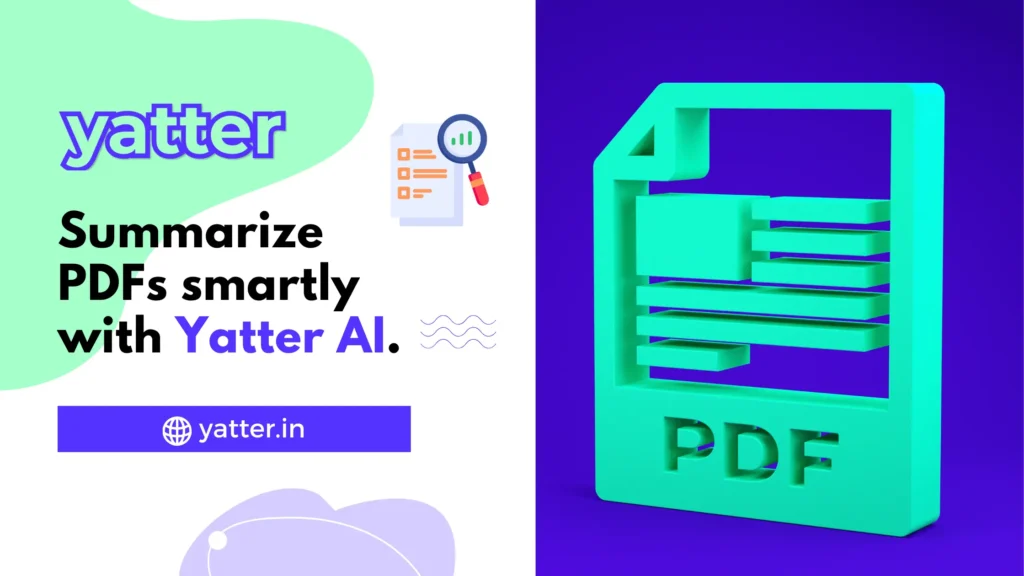Inside the Medical AI Innovation Hub: How Cogito Tech Produces FDA- and HIPAA-Compliant Data
The complexity and increasing volume of healthcare data drive the adoption of artificial intelligence (AI) in the field. AI is already being applied in several areas, such as diagnosis, treatment recommendations, research, patient engagement, and administrative tasks in medical institutions and life sciences companies. While advanced AI tools have the potential to perform healthcare tasks… Continue reading Inside the Medical AI Innovation Hub: How Cogito Tech Produces FDA- and HIPAA-Compliant Data The post Inside the Medical AI Innovation Hub: How Cogito Tech Produces FDA- and HIPAA-Compliant Data appeared first on Cogitotech.

The complexity and increasing volume of healthcare data drive the adoption of artificial intelligence (AI) in the field. AI is already being applied in several areas, such as diagnosis, treatment recommendations, research, patient engagement, and administrative tasks in medical institutions and life sciences companies.
While advanced AI tools have the potential to perform healthcare tasks as well as, or even better than, humans in several areas, the effectiveness of AI models depends on the quality of medical data used for training. Models trained on biased, incomplete, or poorly annotated data can generate inaccurate diagnoses, misleading treatment recommendations, and unreliable administrative outputs.

Cogito Tech’s Medical AI Innovation Hub addresses these challenges by offering innovative data solutions. Building on over a decade of experience, we provide labeling, annotation, and curation services to train AI models on accurate, diverse, and unbiased medical datasets.
In this post, we take a deep dive into Cogito Tech’s AI Innovation Hub, revealing a global network of medical talent, advanced techniques, and streamlined processes designed to deliver high-quality, HIPAA-compliant labeling. These components boost diagnostic accuracy and accelerate AI development timelines. We also explore key best practices for benchmarking and validating data across medical specialities.
Medical Innovation Hub
Here are three foundational pillars of Cogito Tech’s Medical AI Innovation Hub for quality and HIPAA-compliant data annotation:
Global Network of Medical Talent
Medical data involves specialized terminology, nuanced diagnoses, varied formats—such as text (clinical notes), images (X-rays, MRIs), and signals (ECG, EEG)—and diverse clinical scenarios. Health conditions, medical practices, jargon, and abbreviations can also vary widely by region and speciality. Moreover, annotated data must adhere to stringent healthcare regulations like FDA, HIPAA, or GDPR guidelines.
With nearly a decade of experience in healthcare data, we understand that annotating and labeling medical data is a different endeavor compared to regular data annotation. Medical data is complex in nature and requires specialized knowledge, without which annotators may struggle to label it correctly.
Cogito Tech selects a multidisciplinary team of board-certified medical professionals—including radiologists, pathologists, physicians, surgeons, and dentists—from hospital networks worldwide. They benchmark and validate data across specialities from different geographies and demographics. They also participate in the labeling process in several ways, such as training labelers, reviewing labels, or contributing to the quality assurance process.
The involvement of medical specialists from diverse backgrounds plays a pivotal role in ensuring quality data annotation.
Precision Labeling
Professionals from diverse specialties and regions bring valuable cultural and contextual knowledge to interpreting and labeling medical data. Their expertise in recognizing subtle, localized patterns ensures accurate annotations for medical conditions that may be uncommon in other areas.
This diversity ensures that annotations are not only accurate but also consistent across datasets and modalities, representing a broad spectrum of patient demographics and health conditions. This ultimately supports the development of AI/ML models tailored to various populations.
Bias Mitigation
Diverse perspectives reduce biases. Medical professionals from various regions and backgrounds help create datasets that capture the nuances of different populations. This diversity is essential for training models that are fair and effective across demographics, ensuring equitable treatment recommendations and diagnostic support.
Regulatory and Ethical Compliance
Our multidisciplinary team is familiar with country-specific regulations for patient data handling and labeling practices. This ensures that labeled data adheres to healthcare regulations like HIPAA, FDA, or GDPR, safeguarding patient privacy and enhancing trust in healthcare systems.Cogito Tech’s DataSum, “Nutrition Facts” style framework for AI training data, promotes transparency and ethical practices throughout the AI data lifecycle by guiding stakeholders in data selection and workforce conditions for data labeling. It serves as an industry benchmark, making ethical commitments measurable.
Operational Excellence
Ensuring high-quality data for AI training and evaluation requires efficient processes, innovative technologies, and a skilled workforce. Cogito Tech’s Medical AI Innovation Hub integrates these elements to maintain and enhance data quality.
Multi-step Review and Rework
Our team reviews and reworks each step throughout the process, from initial labeling to production, to enhance data quality.
- Initial Labeling: The same task is assigned to two labelers independently.
- Comparison: The outputs are compared to identify differences.
- SME Review: A subject matter expert reviews both entries to examine and resolve discrepancies, ensuring data accuracy and consistency.
- Rework: If needed, the task is sent back for revision with specific feedback.
This multi-layered process minimizes errors and biases, ensuring high-quality medical data. Additional quality control measures include:
- Regular Meetings: Periodic recalibration sessions address inconsistencies in labeling guidelines or interpretation, ensuring uniform standards.
- Automated Checks: Annotation tools help automatically identify potential errors, such as logical inconsistencies or outliers in the data.
- Transparent Framework: Using DataSum improves data transparency while ensuring compliance with CFR 21 Part 11 and simplifying FDA 510(k) clearances.
By incorporating these scientific approaches, the Medical AI Innovation Hub delivers precise, transparent, and compliant data that meets rigorous HIPAA and FDA standards.
Technology Partners
Advanced labeling tools from our technology partners support diverse medical data formats, including NRRD, NIfTI, and DICOM, ensuring compatibility with healthcare workflows. These user-friendly tools streamline annotation and support export formats optimized for machine learning model training.
They also integrate project management and quality control features, ensuring accuracy and adherence to stringent healthcare standards while enhancing efficiency.
Key features include:
- Streamlined Data Processing: Enables timely project delivery without compromising precision.
- Ensuring Security: Secure annotation platforms protect sensitive medical data through restricted file access and secure cloud and on-premise setups.
- Format-Agnostic Support: Supports diverse formats like X-rays, ultrasound, MRIs, CT scans, and PET scans for training radiology and other medical AI applications.
Conclusion
With nearly a decade of experience, Cogito Tech understands that success in medical AI relies on rigorous regulatory compliance, access to medical expertise, and effective management of complex multi-modal data (e.g., imaging, text, clinical records). We strictly adhere to FDA, HIPAA, and EMA regulations at every step, ensuring the highest safety, privacy, and accuracy standards for medical data.
Combining secure operations with a network of board-certified professionals, the Innovation Hub consistently delivers high-quality, compliant labeling that boosts diagnostic accuracy and accelerates AI development timelines.
The post Inside the Medical AI Innovation Hub: How Cogito Tech Produces FDA- and HIPAA-Compliant Data appeared first on Cogitotech.
What's Your Reaction?
































